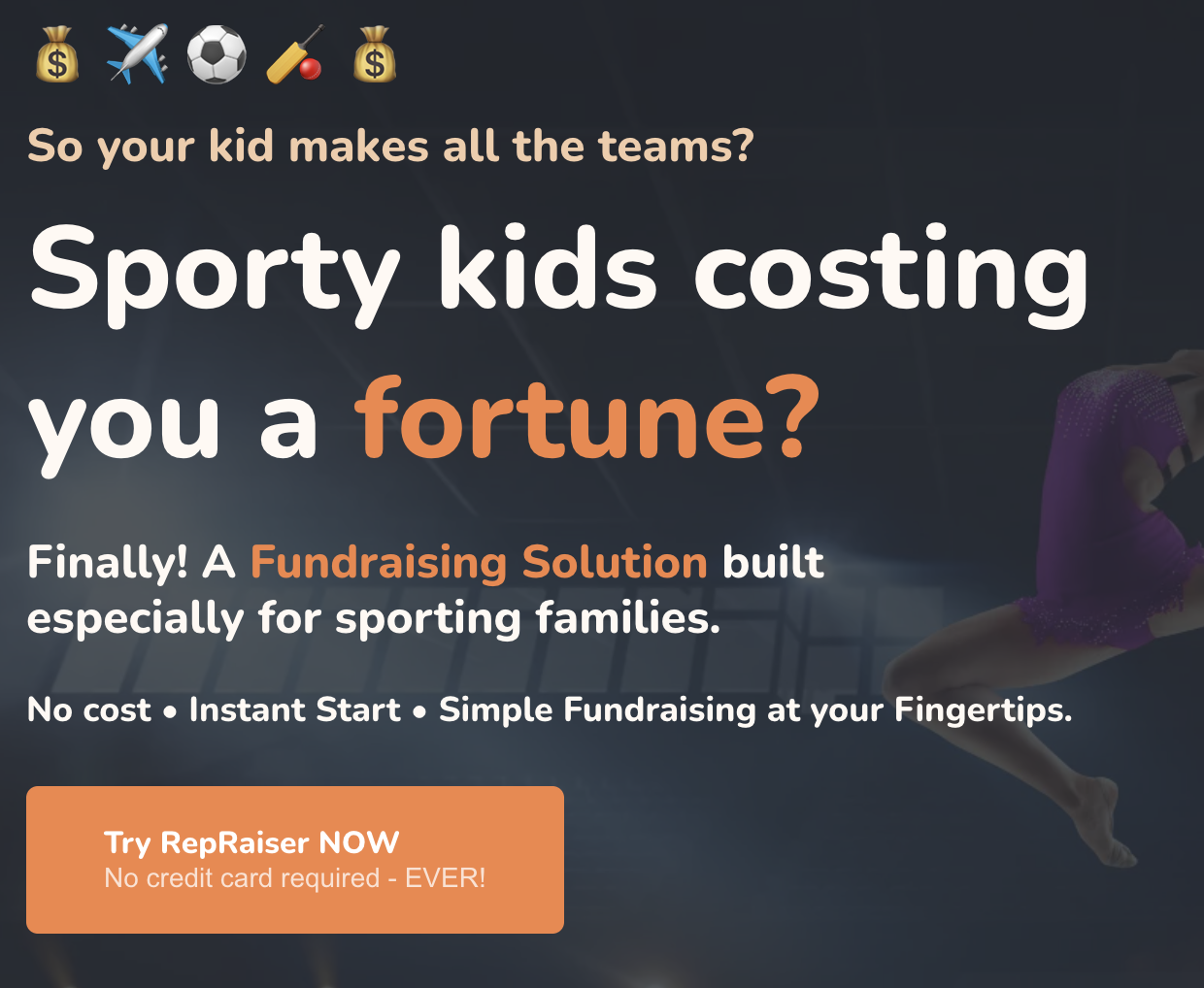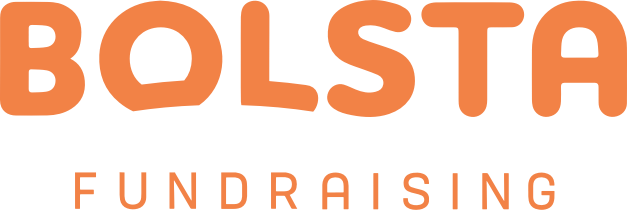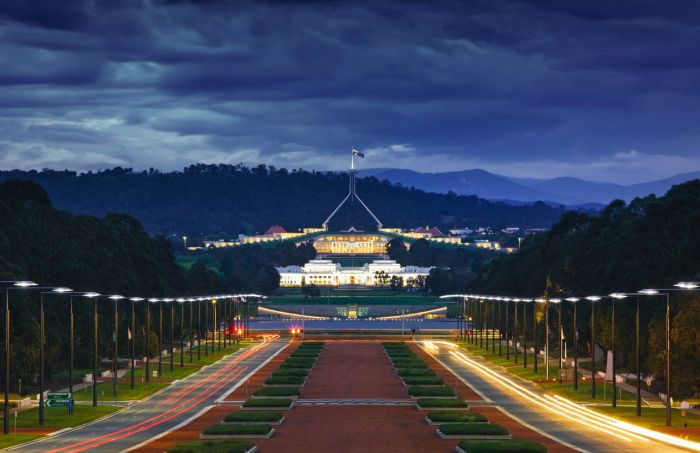At Bolsta we pride ourselves on keeping up with the finer details for running raffles throughout Australia. Unfortunately, there are different raffle rules and regulations for every state and territory, which makes it difficult to know exactly what’s required. The mighty raffle is a trusted powerhouse of fundraising, and it is really important to make sure you comply with rules and regulations.
Welcome to our guide on NSW raffle rules and regulations, where you will learn how to run a raffle in NSW. In this guide, we walk you through everything you need to know to make sure your raffle is legitimate.
Legislation around running a raffle in NSW
The Department of Fair Trading is the government body that oversees raffle compliance in NSW.
There are 2 key pieces of legislation for raffles in NSW.
They are:
1. Community Gaming Regulations 2020, which are based on the Community Gaming Act 2018
2. Lotteries and Art Unions Regulations 2014 which are based on the Lotteries and Art Unions Act 1901
Online Resources
Not keen to read the legislation and NSW raffle rules, I don’t blame you. Thankfully, The Department of Fair Trading have put together some guidelines so that you don’t have to read through hundreds of pages of riveting legal jargon. One of the easiest tools they have prepared includes an online questionnaire that allows you to enter the details of the fundraising activity you want to undertake, including raffles, and it will advise you on whether it’s allowed. Use this link to access the tool.
If you would like to find out more about raffles, which they refer to as ‘Draw Lotteries’, head to this web page for a summary of the requirements.
NSW Raffle Regulations and Requirements
If accessing the legislation and online resources are not your cup of tea, read on. We have prepared a summary of the key points and raffle regulations you will need to take into consideration.
1. Am I allowed to run a raffle?
So long as you are raising funds for or on behalf of a charity or not-for-profit, you may run a raffle. This excludes running a raffle as an individual no matter how worthy you believe the cause to be.
2. Do I require a raffle permit?
In NSW they refer to permits as ‘an authority’. You only require an authority when the value of prizes exceeds $30,000. A raffle that exceeds this amount is referred to as an ‘Art Union’. This is extremely generous by comparison to most other states and territories. A vast majority of raffles run in NSW do not exceed this prize value. Should you be one of few organisations that have a prize pool exceeding $30,000, you can use this link to access the application form for a NSW raffle permit. You will need to apply at least 10 working days before you plan to sell tickets.
3. What sort of prizes can I offer when running a raffle?
There are several restrictions placed on the prizes you can offer.
Specific items that cannot be raffled include:
- Firearms, weapons or ammunition
- Cosmetic surgery or medical procedures
- Tobacco, smoking or vaping products
- More than 20 litres of alcohol that has an alcohol content <20% or more than 5 litres of alcohol that has an alcohol content >20%
- Single cash prizes of more than $30,000
Essentially, offer prizes that do not pose a risk to yourself or others.
Sounds like too much hard work? Then let us do it for you.



4. Are there any raffle rules on ticket pricing?
NSW does not place any restrictions on ticket pricing. You can sell your tickets at a price you feel is reasonable and you may offer bonus tickets for larger purchases. The pricing must not change during the raffle and must be the same for all buyers.
It is also important to keep in mind that a minimum of 40% of ticket sales must go to the benefiting organisation.
5. What must be displayed on the raffle ticket?
The minimum requirement for information on a raffle ticket includes:
- The ticket price
- The name of the person or organisation conducting the raffle
- The name of the benefiting organisation
- The authority number (if applicable)
You will also want to make sure that the prizes and their values are listed, as well as the time and date of the draw. For larger raffles, more detailed information can be included in a set of terms and conditions.
6. Are there advertising restrictions around raffles?
There are some clear rules and guidelines around advertising your raffle.
The regulations are:
- Do not depict children participating in the raffle
- Do not suggest that winning will be a definite outcome of participating in the gaming raffle
- Do not suggest that participating in the raffle will definitely improve a person’s financial prospects
- Do not encourage a breach of the law
If your raffle requires an authority, the authority number must be displayed on all material advertising your raffle, including tickets.
7. When running my raffle, do I need to have a set of Terms & Conditions?
Whilst the need for a set of terms and conditions is not explicitly specified in the regulations, normally the bigger the raffle, the more you will want to detail how the raffle will work. Art Unions required Terms and Conditions.
Common items that are detailed in the terms and conditions include:
- Who may participate – age or location restrictions
- How the draw will take place
- How winners will be notified
- How unclaimed prizes will be handled
- Privacy policy relating to personal data collected during the raffle
There are other clauses that you may want to add. If you are running an art union, the expense of a lawyer to write terms and conditions for you is worth consideration.
8. Who can buy and sell raffle tickets?
Anyone that is involved with the management of the raffle or that are part of the management team for the benefiting organisation cannot buy tickets. Children can sell and buy tickets, unless the rules of the raffle forbid participation by children.
Also…
Our disclaimer. The information in this article is current at the time of writing. We endeavor to keep the content up to date, but cannot guarantee any of the rules have not changed.
Please check with The Department of Fair Trading if you have any queries regarding your raffle.
We wish you the best of success in your fundraising efforts.
Some additional resources for you
Learn more about the most common raffle mistakes
Learn more about the types of raffle prizes that work best
Learn more about on how to get prizes donated easily
Download a handy donation request template to help you get donated raffle prizes
Learn more about different options for raffle ticket pricing
For more information on terms and conditions, checkout this article from a legal firm.


 Dr. Sash Neser
Dr. Sash Neser












